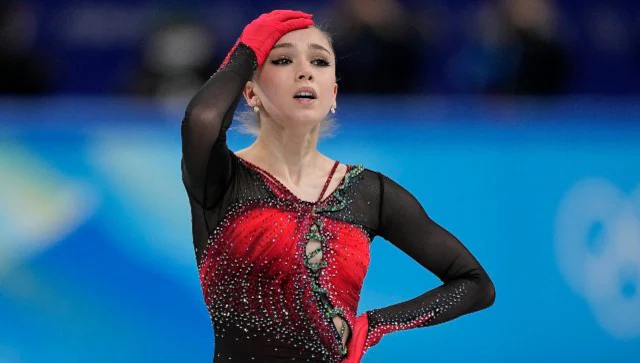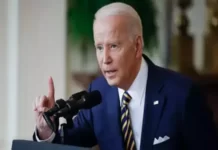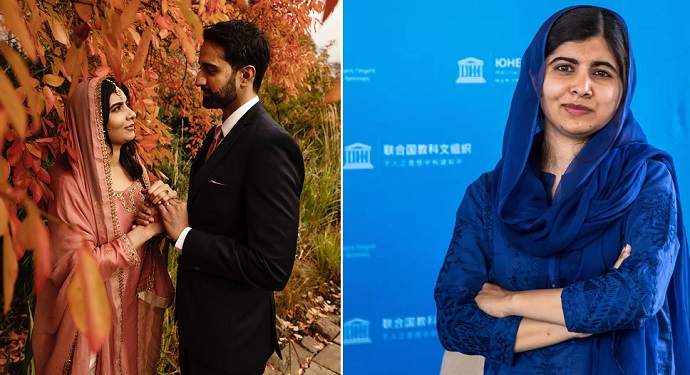BEIJING — Following a failed drug test, a famous Russian figure skater is in Olympic limbo, setting the stage for a dramatic legal case at the Court of Arbitration for Sport.
After days of speculation and media reports, the International Testing Agency confirmed on Friday that Kamila Valieva, the favorite to win individual gold at the Winter Olympics, tested positive for the banned metabolic agent trimetazidine. She has since been suspended indefinitely and resumed by the Russian Anti-Doping Agency.
Valieva, 15, might be forced to withdraw from the Games as a consequence of the test, which could also have an influence on the team competition, where she helped Russia win gold earlier this week.
Valieva’s participation in the women’s solo competition, which begins on Tuesday, has yet to be determined. And it is this question that has sparked an urgent and difficult legal struggle between the International Olympic Committee and RUSADA.
In a press conference on Friday, IOC spokesperson Mark Adams said, “We want to expedite this as rapidly as possible.” “It’s a legal matter, and legal matters may be quite difficult to resolve. But we all need to see a resolution to this as soon as possible for all those involved – not just the Russian athlete, but clearly all the competitors involved in the previous tournament.”
Valieva was defended by the Russian Olympic Committee in a statement released Friday, claiming that she has subsequently done further drug tests that have come back negative, including at the European Figure Skating Championships in January and in Beijing during the Olympics.
“Until the Court of Arbitration for Sport renders a different ruling about (Valieva’s) standing in relation to the Olympic Games,” the ROC stated, adding that their gold medal in the team figure skating event was “honestly earned.”
Because of the timing of events, Valieva’s case is exceedingly complicated.
The sample in question was taken on December 25 during the Russian Figure Skating Championships in St. Petersburg, according to the ITA, which administers the anti-doping programme at the Olympics. On Tuesday, after the team event ended and before the scheduled medal ceremony that night, a lab in Stockholm, Sweden reported the existence of trimetazidine in the sample to RUSADA.
The IOC intends to appeal the verdict of the RUSADA committee.
The positive test has sparked a confusing chain of hearings involving various organizations at multiple levels of the international sport ecosystem, as recounted by the ITA, in the 72 hours after it was discovered.
For starters, RUSADA temporarily barred Valieva from competing or practising, as mandated by the World Anti-Doping Agency regulation. Valieva then appealed her ban to an RUSADA disciplinary commission, which she won. The hearing was held on Wednesday, allowing her to train on Thursday and Friday.
It is now up to the International Olympic Committee (IOC) or another international organization to challenge the RUSADA disciplinary committee’s decision.
“A decision is required before the athlete’s next competition,” the ITA, which will basically represent the IOC in its appeal, stated.
According to a CAS spokeswoman, the CAS had not received a formal application for an appeal in the Valieva case as of early Friday afternoon in Beijing. At this point, WADA spokesperson James Fitzgerald stated that his organization is not participating.
Now comes the tricky part: the IOC’s first CAS hearing exclusively concerns the RUSADA disciplinary panel’s decision to remove Valieva’s ban. It’s not about Valieva’s situation in particular.


















